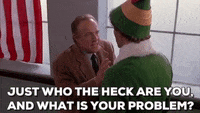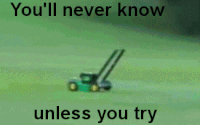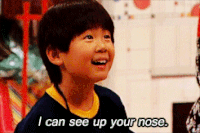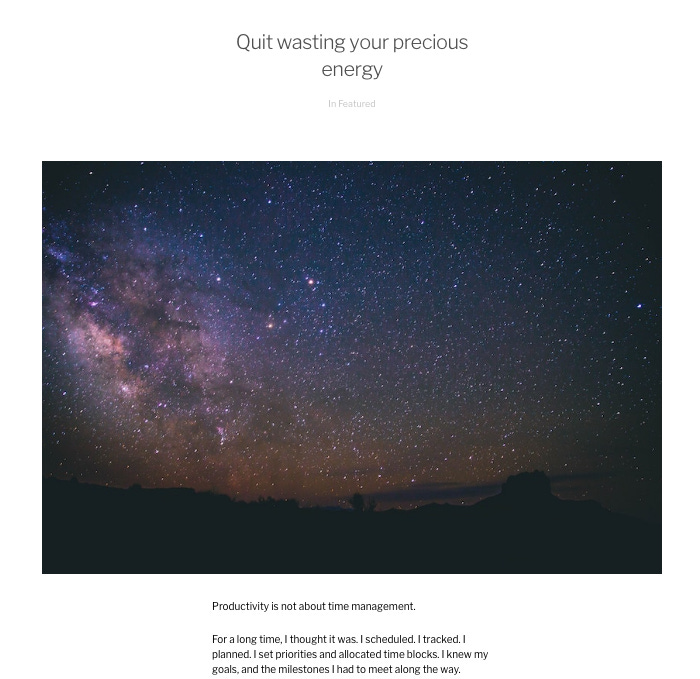“We often hear that knowledge is power. But this statement is only a half-truth. Knowledge is only potential power. Knowledge is power only when put to use-and then only when the use made of it is constructive.”
-David J. Schwartz

I have been in something of a productivity slump lately.
I mean, I’ve been plenty busy. Plenty. That’s part of the problem: so many open projects, new assignments, regular writing commitments, and blogging want-to-dos that I found myself in a deep stinky mindfunk.
That’s about as awful as it sounds.

So I did what any productivity-minded person would do: spent approximately 3000 hours in the last few weeks finding and setting up and tweaking and reconfiguring and adjusting and testing and not really using the powerful, feature-filled, overly complex tools that would, for-sure-no-question, solve my productivity problems and help me keep track of ALL THE THINGS.
Yeah.
It didn’t work.
You know what did work?
Talking it out with trustworthy friends.
Taking a few long walks.
And naps.
Meditating.
Writing down what was frustrating me, and what I thought might fix it.
Turning those thoughts into specific actions.
Setting a time limit (minimum and maximum) for each action I wanted to take.

Turns out, my big productivity problem wasn’t due to lack of tools or the wrong tools or lack of a system or a poor workflow but lack of clarity.❋
Poor tool choices, lack of a system, and poor workflow can be the cause of productivity problems.
But if you lack clarity, all the tools and systems and workflow tweaks will not help you.
Until you have clarity, you don’t know what problem you’re trying to solve.

If you don’t know what the problem is, how can you know when you’ve solved it?
So you keep trying to solve an undefined problem and it’s a big waste of energy and time.
Of course, it feels like a big waste of energy to do nothing. To sit still. To rest, to listen, to breathe, to give yourself space and time so that you can gain perspective and ask yourself the right questions and get the clarity that’s missing.
It feels like a waste of time, but it isn’t.

My husband grew up fixing lawn mowers and snowblowers and generators and other things with small(ish) engines.
He describes two types of service techs:
The kind who spend time diagnosing the cause of the engine failure, and then do what is necessary to fix that causal issue.
The kind who replace one engine part after another, then test after every part to see if it fixed the problem.
Guess which kind of service tech is more efficient and more accurate? Guess which kind is better at fixing the actual problems that cause the failure?
That’s right. The ones who take the time to diagnose the core problem, the causal issue.

To be a diagnosing technician means more time spent on the problem, up-front.
It’s fast and easy to throw a new part on, call it done, and charge the customer.
It takes time and focus to trace a mechanical or electrical issue to its source.
However, in the long-run, throwing parts at a problem costs more time, money, and frustration than diagnosing the problem correctly the first time.
If you want short-term, quick-fix solutions to your productivity pain points, you can find them; but you’ll be solving the same problem—or related ones—over and over until you diagnose the cause.
Clarity is priceless.

Also, naps are great.
From the blarchive (that’s blog + archive, isn’t it a great word?! Feel free to use. It’ll be trending soon, no question), more thoughts on thoughtful productivity:

Click the image👆to go to the full post.
❋ Clarity (my definition):
a. Knowing what you want.
b. Knowing what you don’t want.
c. Knowing who you are.
d. Knowing what matters.
e. Knowing what doesn’t matter.
f. Knowing how to make decisions: determining what you’ll say No to and what you’ll say Yes to, and being able to remember and stick to your No/Yes even when distracted, stressed, under pressure, etc.
g. Knowing that it’s okay if other people don’t have the same clarity, or don’t understand or agree with your choices.
and, finally
h. Knowing that what you do know is a speck of dust compared to expanding galaxy of what you don’t know, and that as you keep learning you will have to drop some certainties; adjust and even reject beloved mindsets and beliefs; dwell, at times, in very uncomfortable tension; and recognize that loyalty can be dangerous and inconsistency may well be a necessary path to growth.
“A foolish consistency is the hobgoblin of little minds, adored by little statesmen and philosophers and divines. With consistency a great soul has simply nothing to do. He may as well concern himself with his shadow on the wall. Speak what you think now in hard words, and to-morrow speak what to-morrow thinks in hard words again, though it contradict every thing you said to-day. — 'Ah, so you shall be sure to be misunderstood.' — Is it so bad, then, to be misunderstood? Pythagoras was misunderstood, and Socrates, and Jesus, and Luther, and Copernicus, and Galileo, and Newton, and every pure and wise spirit that ever took flesh. To be great is to be misunderstood.”
-Ralph Waldo Emerson


